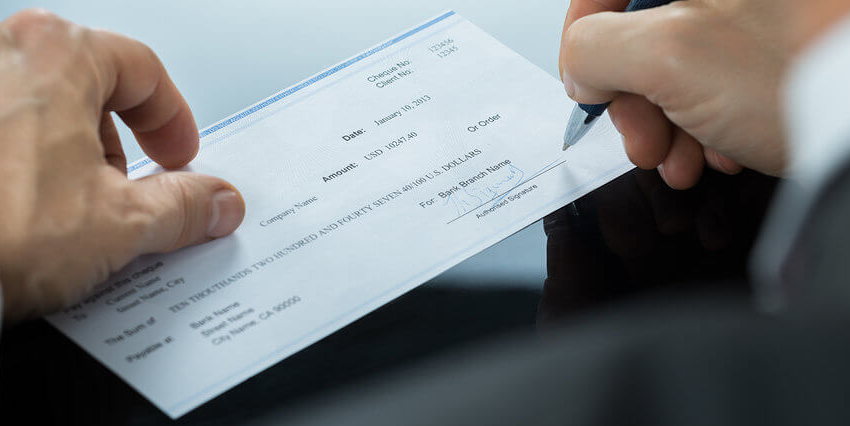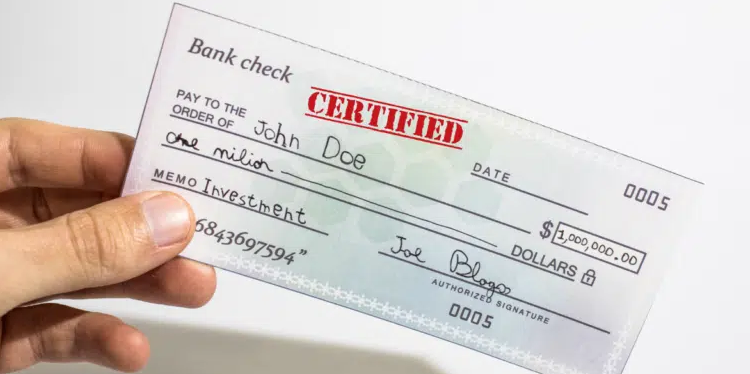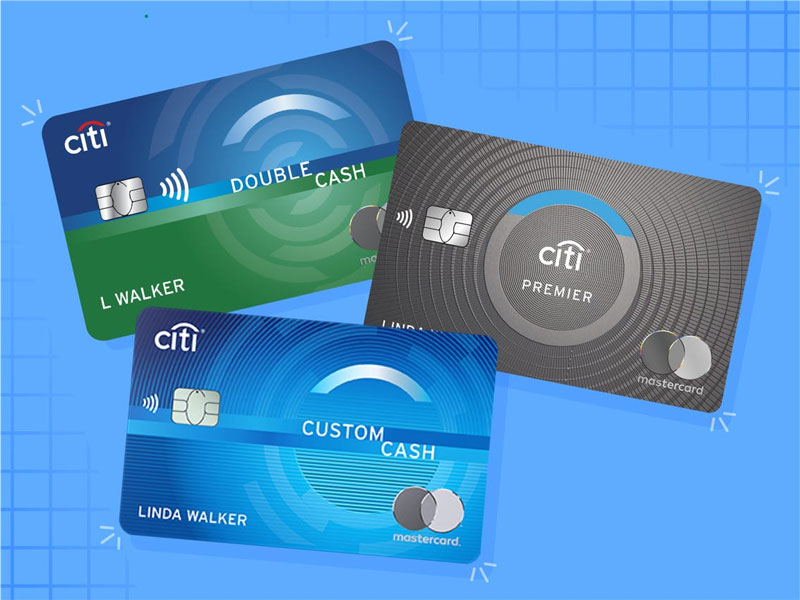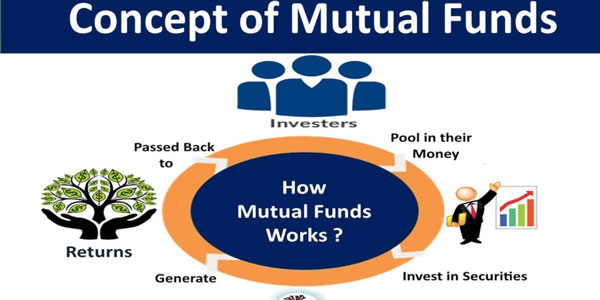A third-party check is an endorsed two-party check payable to a different person. Two people are always involved when a check is written: the payer and the payee. The recipient can go to any bank to cash or deposit the check. In the meantime, the check amount is deducted from the account of the person writing the check.
Involving a third party in the checking process does just that. When a check is signed over to a third party, that individual gains the legal authority to cash or deposit the check.
Let's pretend someone hands you a $300 check as an illustration. The problem is that you already owe your friend the exact amount they loaned you on a short-term basis. You could give them the $300 by signing over the check.
The check is now a third-party check because you agreed to give it to them.
Types Of Third-Party Checks

There are a few different types of third-party checks. The three most popular forms of third-party verification are as follows:
1. Personal Checks
The most common form of check used nowadays is the personal check. A check is a written order for the transfer of monies from one bank account to another, signed by the account holder of that bank. You can receive blank personal checks, known as counter checks, from your bank and use them immediately. A check with an outdated mailing address can still be used if the credit union's or bank's routing and account numbers are correct.
2. Certified Checks
The money for a certified check comes from the same bank account as any other check. A certified cheque is a type of cheque in which the issuing bank ensures that the recipient has sufficient funds in their bank account to cover the amount of the check.
3. Cashier's Checks
A cashier's check represents the funds from your bank or credit union. Instead of being backed by the issuer's checking account, these monies are supported by the bank or credit union from where they were issued. The bank, not the issuer, is the legal owner of the funds.
Is It Possible to Authorise Someone Else to Cash Your Check?

Whether or not you can endorse a check you get and give it to someone else depends on both the originating bank and the recipient's bank. Some banks may not accept third-party checks, which is not required by law.
If someone gives you a check and you want to transfer ownership to someone else, you should check with the payer's bank first. The person who will be receiving the cheque might double-check with their bank to see if they accept payments from unknown sources.
You and the individual you're signing the check over to will benefit from getting the okay from both banks beforehand. If either bank refuses to accept the check, you must deposit it and make other arrangements to get the money to the recipient.
Cashing Vs Depositing
There is a difference between accepting and depositing a check written by someone else. When you deposit a check written to you by someone else, the money is added to your bank account—the act of converting a third-party check into cash. When you cash a check sent to someone else, you never actually receive the funds.
Third-party checks can be deposited or cashed depending on the circumstances. Check cashing from third parties is viable if you are short on cash but have enough in your checking account to cover other expenses. Third-party checks might be deposited into a checking account if you require access to funds for upcoming bills.
Can A Third-Party Check Be Cashed Without A Bank Account?
You can cash checks written to you by others without having a bank account. You can cash a review even if you don't have a bank account at most currency exchanges, some credit unions, and mobile apps. Remember that visiting a bank to cash a check may be more convenient and practical.
One of the numerous benefits of having a bank account is the ability to cash checks. Here are several checking account choices to consider if you don't already have one. None of the above checking accounts charges a fee for cashing checks, so they could be helpful if you anticipate cashing several.
It's also possible to use a money transfer app. For instance, you need not have a checking or savings account to use Cash App. Mobile check deposits can be made to your Cash App balance. Just like you don't need a bank account to use Venmo, you only need a prepaid debit card. When using Venmo, you may also deposit checks via mobile device.




